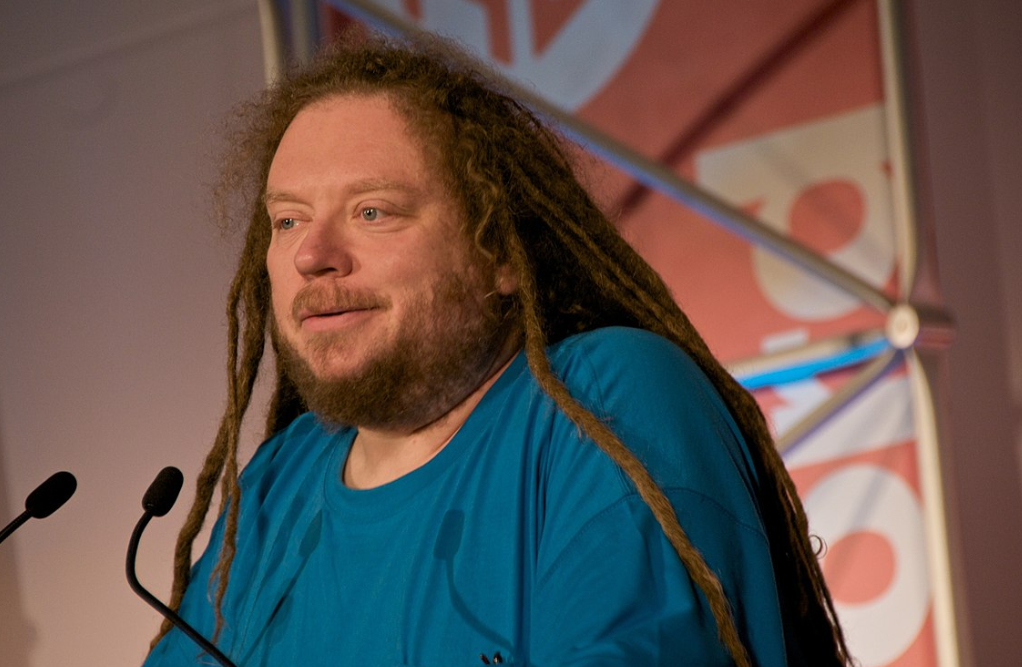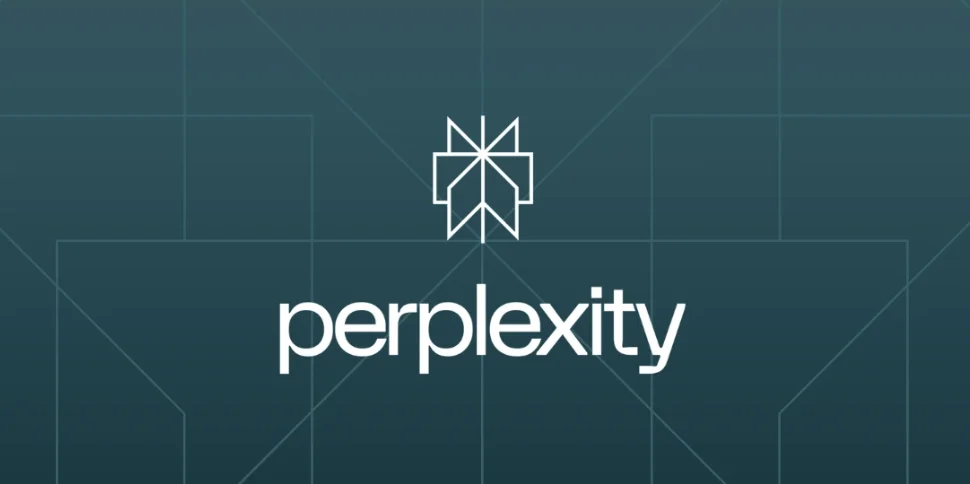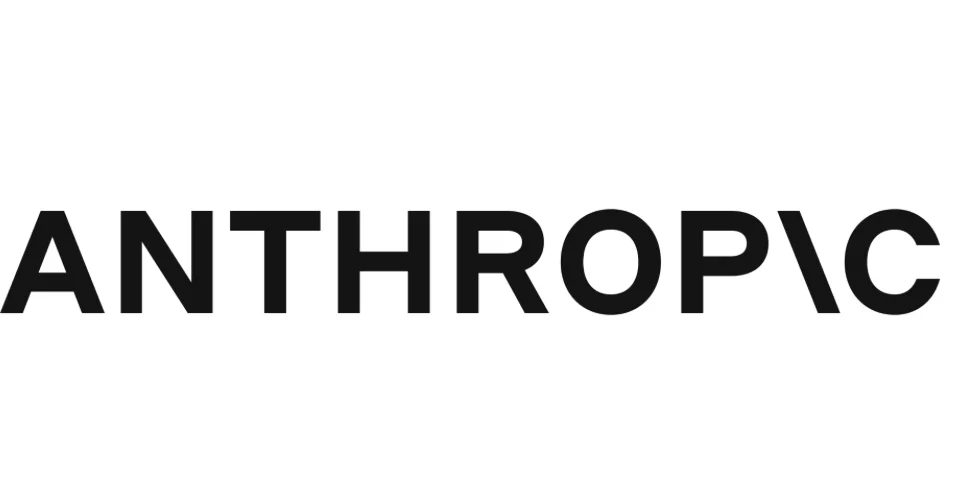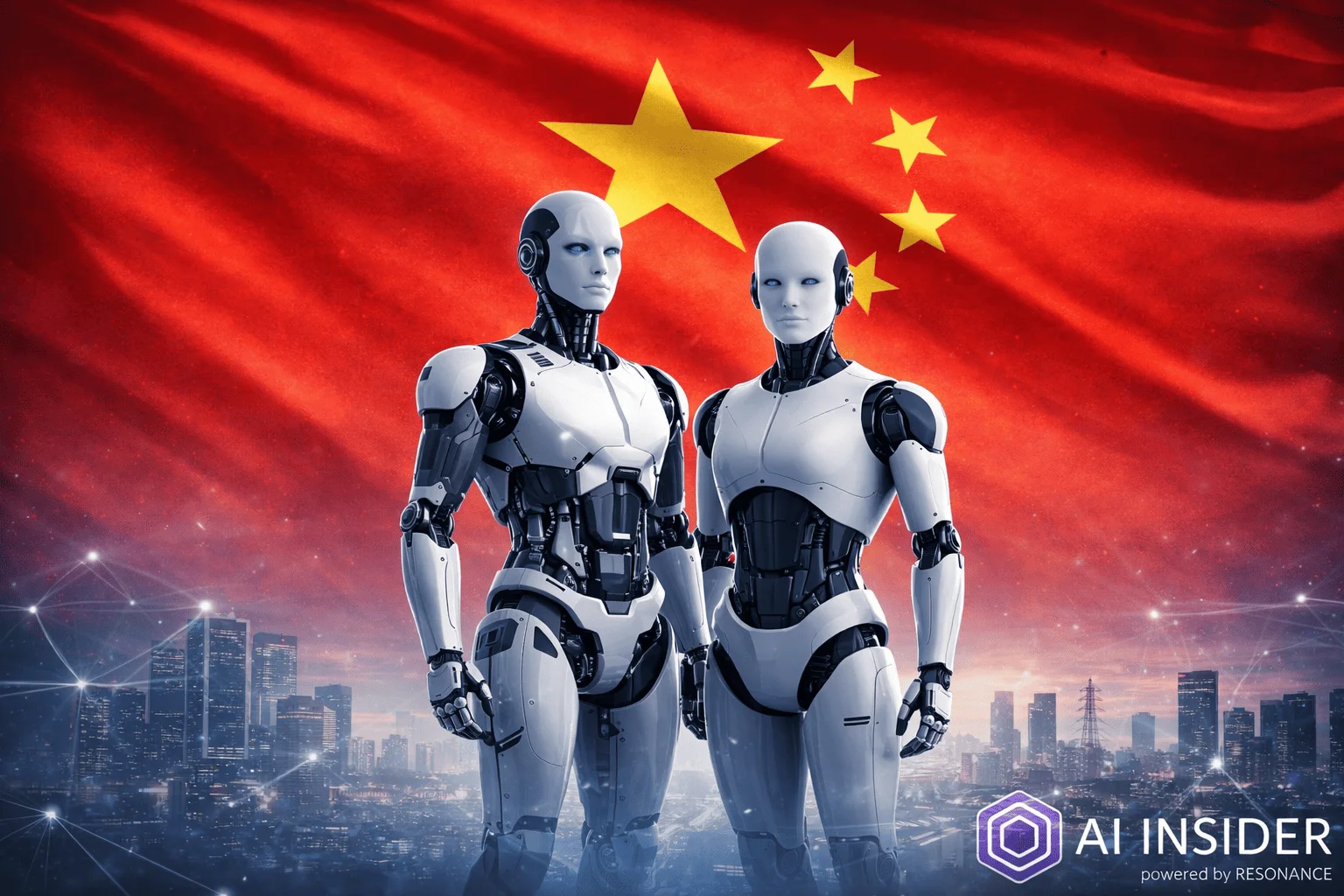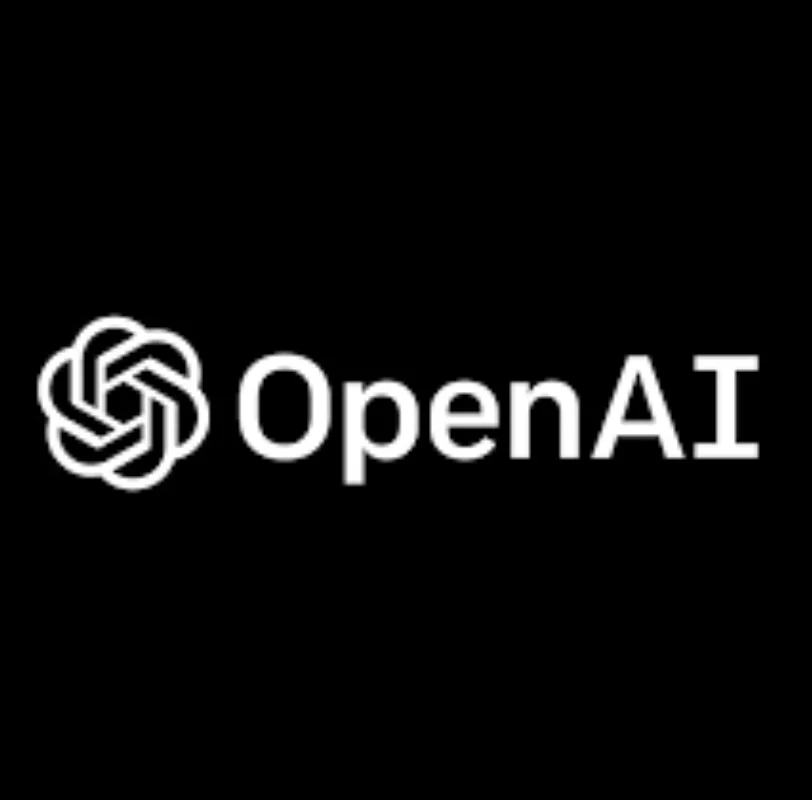The rise of AI has sparked a pressing question for artists, writers and musicians: how will creative people make a living in a world where machines can generate stunning works at the click of a button? Jaron Lanier, a visionary computer scientist and the father of virtual reality, believes the future lies not in fighting AI but in redefining how we recognize and reward human contribution.
“You show me an AI system — I don’t care if it’s ChatGPT or anything else — you can think of it in two ways,” Lanier said during a recent interview. “One way is to treat AI as a thing, a noun. The AI did this, the AI did that. But there’s another way, where AI is not a thing at all but a collaboration of people. There isn’t anything there other than the people who contributed to it.”
This perspective, Lanier argues, is crucial to reshaping how we compensate human creativity in an AI-driven world. At present, large-scale AI models absorb vast amounts of human-generated content, yet their outputs rarely credit or benefit the individuals who created the original works.
“We so much want AI to be this emerging entity — even if it’s an evil one that will destroy us — because we grew up on the Matrix movies, the Terminator movies,” he observed. “But if we acknowledge that actually it’s all these people instead, then we lose our creature. And that would be traumatic.”
The concept of “data dignity,” a term Lanier and his colleagues coined, offers a potential solution. Instead of treating creative works as raw material for AI without compensation, a system could be built where AI acknowledges and remunerates the people whose data contributes to its outputs.
“I want to have a future where people can be paid for providing exceptionally useful data to AI to incentivize better and better data production,” said Lanier. “I want that future, not just one where everybody has to go on basic income and feel useless.”
This model wouldn’t just ensure fair compensation; it would also incentivize original creativity rather than viral replication.
“In a data dignity economy, you benefit only when you reach out into the uncharted wilderness to do something novel,” Lanier explained. “This rewards exploration and speeds up the whole human race because it encourages people to be creatively productive — not just reproductive.”
AI, in this vision, is not a force that replaces artists but one that elevates them — if society structures incentives correctly. The challenge now is to move past the myth of AI as an independent entity and recognize it for what it truly is: a mirror reflecting the collective genius of human minds.
Featured image: JD Lasica, Wikipedia
